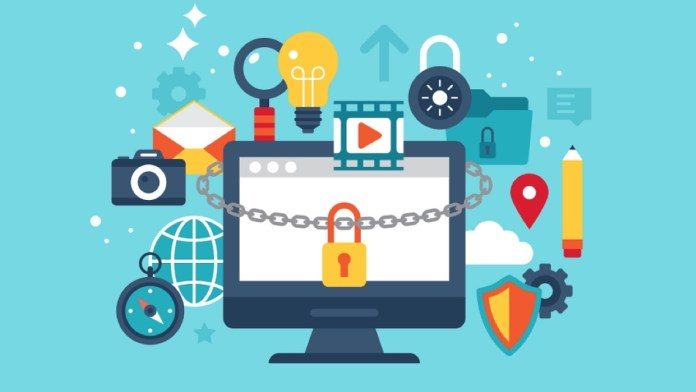on the crypto

If we are not careful, these data can be used to monitor us, manipulate us or worse. But there are ways we can improve our Internet security and privacy. Here's how people can protect their data while working remotely.
2FA authentication
Get started by implementing two-factor authentication (2FA) on all your accounts. This ensures that no one can act by guessing or stealing the password because it will also need a confirmation code sent via SMS or email.
2FA adds a strong second line of defense to your online identity. Basic 2FA typically uses a phone number. A better solution is to use an app like Google Authenticator, which generates codes thanks to an app on the phone. For even more security, don't link your phone number to Google or other accounts. If you have the authentication app, you won't need to.
A network is as secure as its weaker device
It is important to be aware of security also at the level of our Internet connection. A network is as secure as its weaker device. That's why it's a good idea to create a "guest" Wi-Fi network and use it to connect nonessential devices like TVs and electronic assistants.
In this way, if a single device has a security flaw, a hacker cannot exploit it to get into your most important devices. Splitting essential and nonessential devices on separate networks in this way significantly reduces risk.
Router and browser security
Pay attention to your router: some are better than others. Regardless of which option you choose, do your research and make sure you understand the compromises. Once online it is a good idea to divide the use of the Internet between two browsers (eg Chrome and Firefox).
If you use the same browser for everything, your work and personal profiles will merge. An army of robots constantly creates a profile based on your browsing history and if you don't separate the work from the staff, they will be mixed together.
And remember: the incognito mode does nothing for online traceability. Simply delete your history. Depending on the jurisdiction you are in, some services, including messaging and conference apps, may be blocked. To get around these problems, you can use a virtual private network or VPN.
Coronavirus has forced millions of people around the world to adapt to a new work paradigm almost overnight. Even when the crisis is over, some changes in working patterns are likely to remain. By establishing good habits and using the right tools, we can do a lot to protect ourselves in this new reality.
